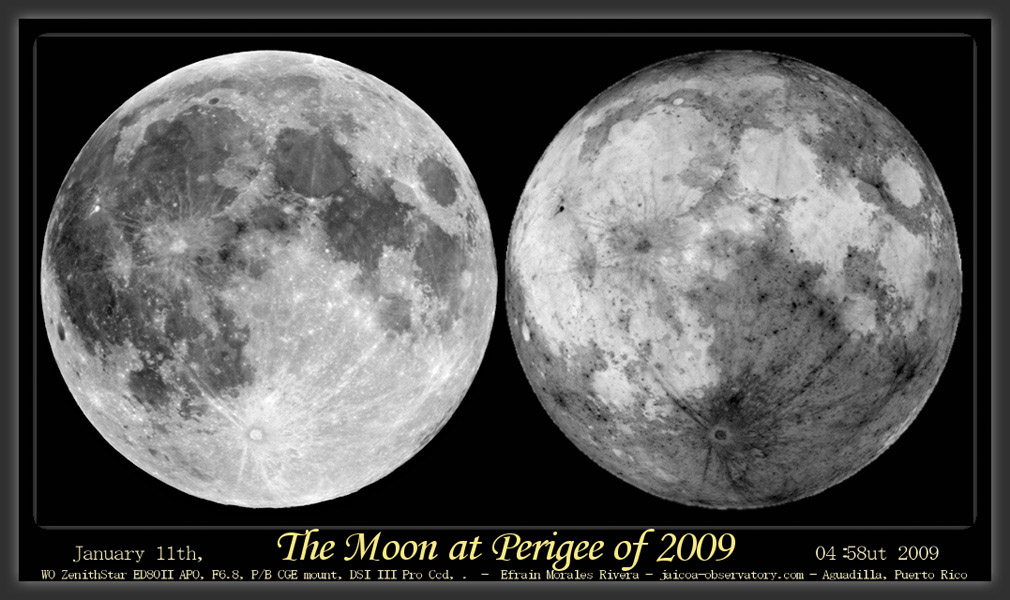Difference between revisions of "January 23, 2009"
| Line 1: | Line 1: | ||
__NOTOC__ | __NOTOC__ | ||
=Plus & Minus Views= | =Plus & Minus Views= | ||
| − | |||
<!-- ws:start:WikiTextHeadingRule:1:<h1> --> | <!-- ws:start:WikiTextHeadingRule:1:<h1> --> | ||
<!-- ws:start:WikiTextLocalImageRule:7:<img src="/file/view/LPOD-Jan23-09.jpg/54531488/LPOD-Jan23-09.jpg" alt="" title="" style="width: 900px;" /> -->[[File:LPOD-Jan23-09.jpg|LPOD-Jan23-09.jpg]]<!-- ws:end:WikiTextLocalImageRule:7 --><br /> | <!-- ws:start:WikiTextLocalImageRule:7:<img src="/file/view/LPOD-Jan23-09.jpg/54531488/LPOD-Jan23-09.jpg" alt="" title="" style="width: 900px;" /> -->[[File:LPOD-Jan23-09.jpg|LPOD-Jan23-09.jpg]]<!-- ws:end:WikiTextLocalImageRule:7 --><br /> | ||
<br /> | <br /> | ||
| − | <em>image by [mailto:jaicoa52@yahoo.com Efrain Morales Rivera], Aguadilla, Puerto Rico</em><br /> | + | <em>image by [mailto:jaicoa52@yahoo.com" rel="nofollow Efrain Morales Rivera], Aguadilla, Puerto Rico</em><br /> |
<br /> | <br /> | ||
For some people in cloudless parts of the world, the full Moon was extra large last weekend because it was at its closest to Earth for 2009. Efrain's presentation at first glance looks like he was able to capture both the near and far sides, for that is almost always what is shown with adjacent circles like this. But his only magic is in letting us view it both as a positive and a negative. His negative view (right) demonstrates the well known phenomena of the rays appearing easier to see when they are dark. This is especially true where Tycho's rays cross the southern highlands. I don't know if the higher contrast for the rays is somehow produced by making a negative of the image or if our eyes are more sensitive to variations of grayness rather than of brightness as when we see rays in a positive view. Perhaps some one will tell us.<br /> | For some people in cloudless parts of the world, the full Moon was extra large last weekend because it was at its closest to Earth for 2009. Efrain's presentation at first glance looks like he was able to capture both the near and far sides, for that is almost always what is shown with adjacent circles like this. But his only magic is in letting us view it both as a positive and a negative. His negative view (right) demonstrates the well known phenomena of the rays appearing easier to see when they are dark. This is especially true where Tycho's rays cross the southern highlands. I don't know if the higher contrast for the rays is somehow produced by making a negative of the image or if our eyes are more sensitive to variations of grayness rather than of brightness as when we see rays in a positive view. Perhaps some one will tell us.<br /> | ||
<br /> | <br /> | ||
| − | <em>[mailto:tychocrater@yahoo.com Chuck Wood]</em><br /> | + | <em>[mailto:tychocrater@yahoo.com" rel="nofollow Chuck Wood]</em><br /> |
<br /> | <br /> | ||
<strong>Technical Details</strong><br /> | <strong>Technical Details</strong><br /> | ||
| Line 15: | Line 14: | ||
<br /> | <br /> | ||
<strong>Related Links</strong><br /> | <strong>Related Links</strong><br /> | ||
| − | Efrain's [http://jaicoa-observatory.com/ website]<br /> | + | Efrain's [http://jaicoa-observatory.com/" rel="nofollow website]<br /> |
<br /> | <br /> | ||
NOTE - the imager for the Jan 14 LPOD has identified [http://lpod.wikispaces.com/January+14,+2009 himself!]<br /> | NOTE - the imager for the Jan 14 LPOD has identified [http://lpod.wikispaces.com/January+14,+2009 himself!]<br /> | ||
<br /> | <br /> | ||
<hr /> | <hr /> | ||
Revision as of 18:03, 4 January 2015
Plus & Minus Views

image by " rel="nofollow Efrain Morales Rivera, Aguadilla, Puerto Rico
For some people in cloudless parts of the world, the full Moon was extra large last weekend because it was at its closest to Earth for 2009. Efrain's presentation at first glance looks like he was able to capture both the near and far sides, for that is almost always what is shown with adjacent circles like this. But his only magic is in letting us view it both as a positive and a negative. His negative view (right) demonstrates the well known phenomena of the rays appearing easier to see when they are dark. This is especially true where Tycho's rays cross the southern highlands. I don't know if the higher contrast for the rays is somehow produced by making a negative of the image or if our eyes are more sensitive to variations of grayness rather than of brightness as when we see rays in a positive view. Perhaps some one will tell us.
" rel="nofollow Chuck Wood
Technical Details
See image margin.
Related Links
Efrain's " rel="nofollow website
NOTE - the imager for the Jan 14 LPOD has identified himself!



